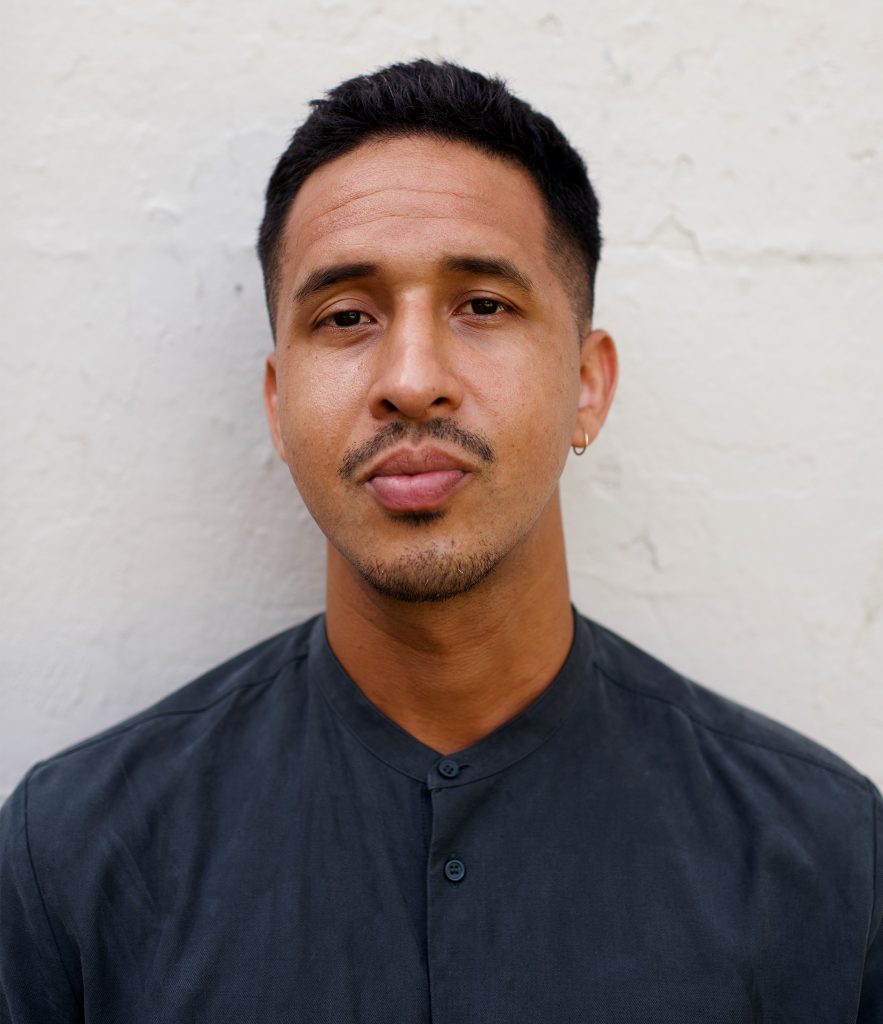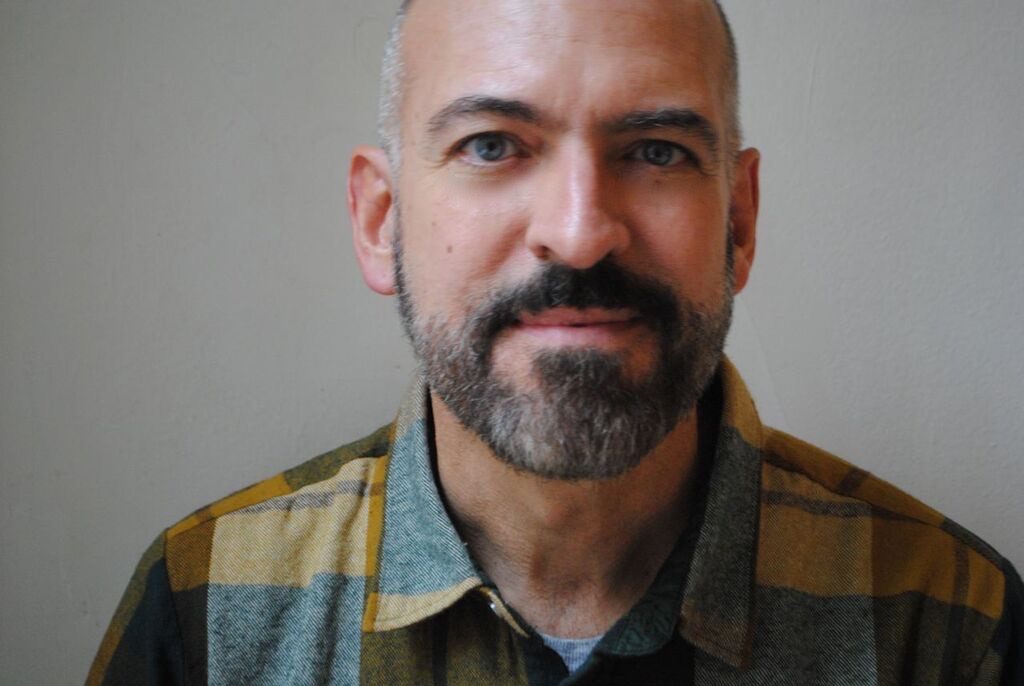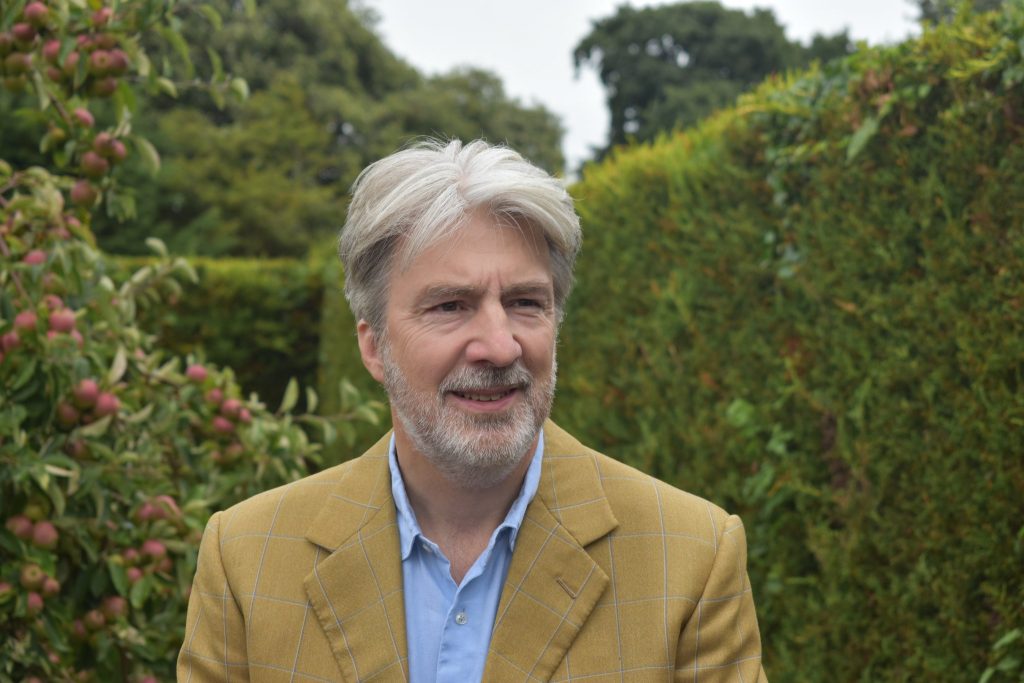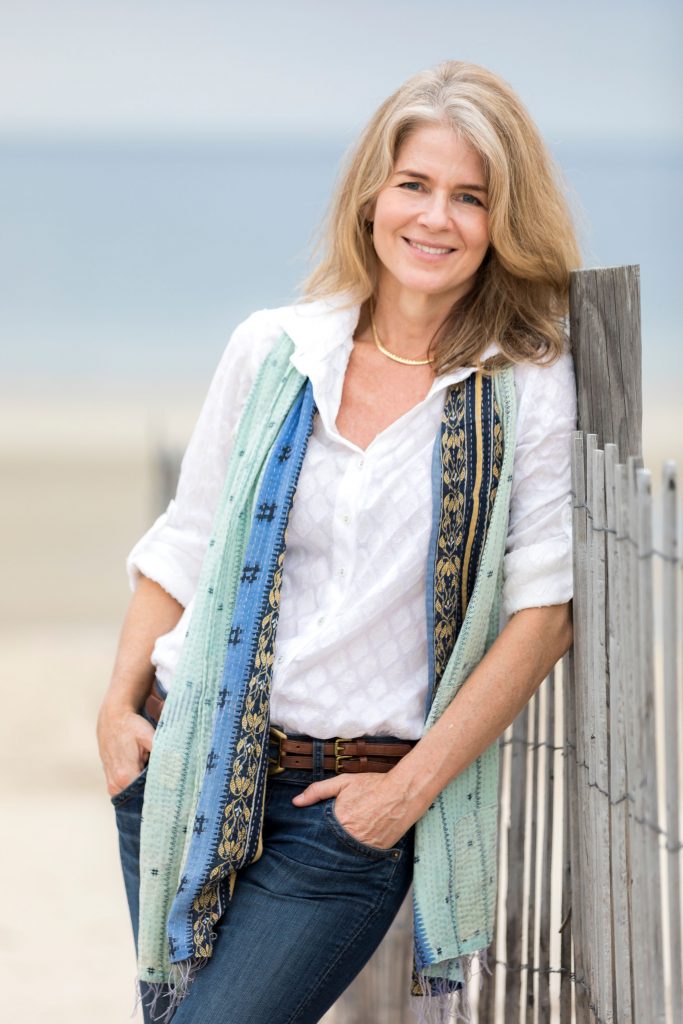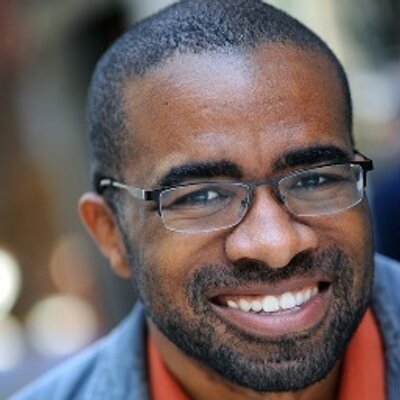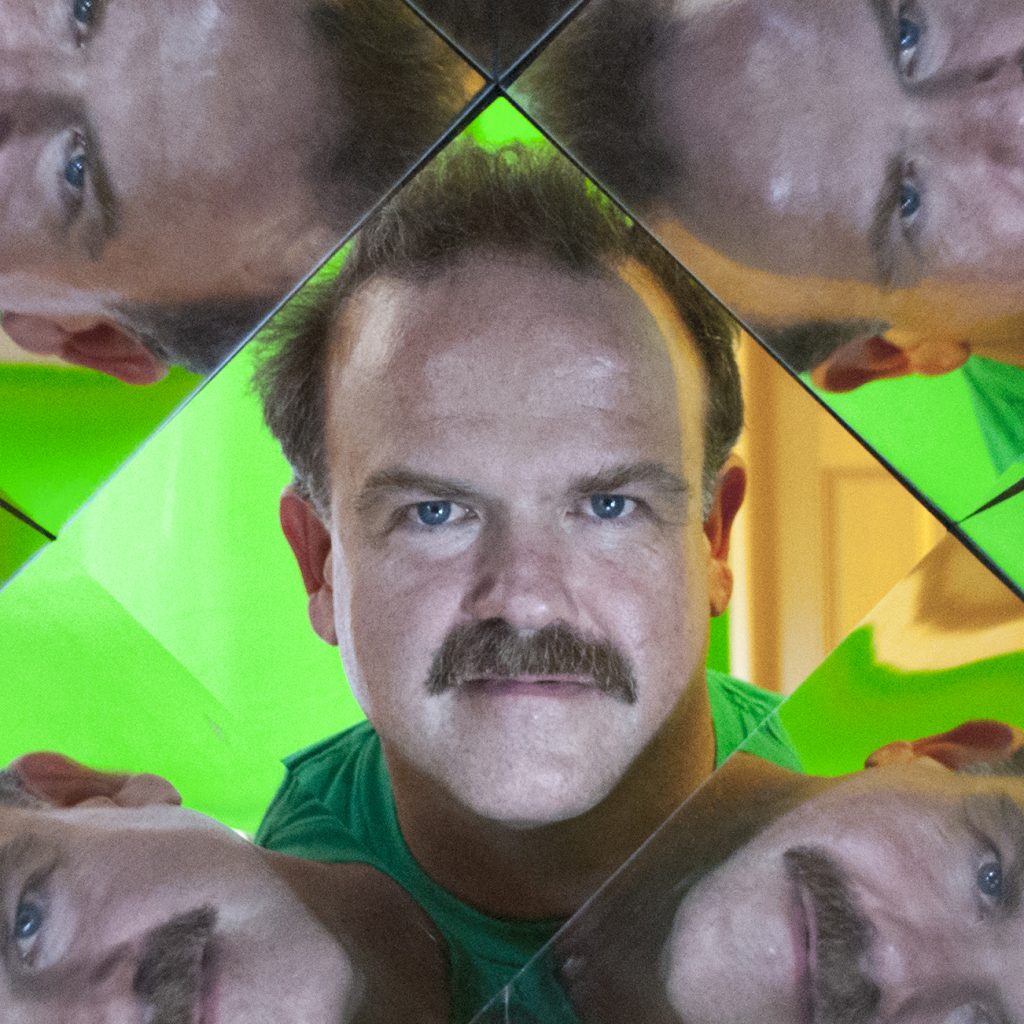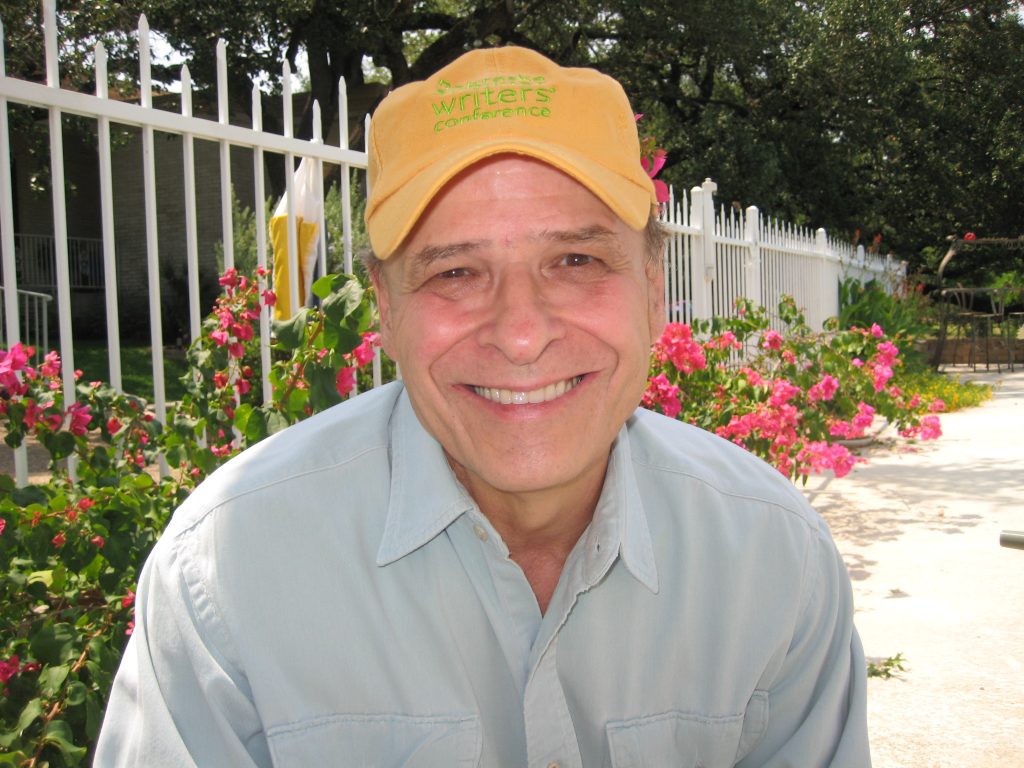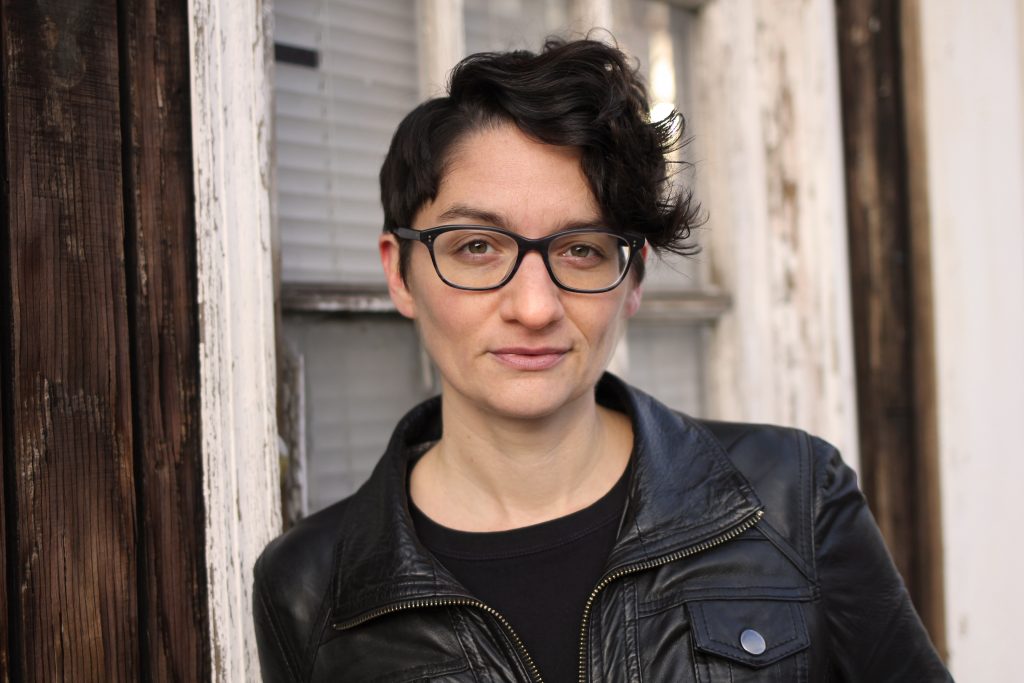
Stepping up to the plate this week is Melissa Faliveno (@melissafaliveno), author of Tomboyland, a collection of essays published by Topple Books.
It’s a love letter to her midwest roots and the topics are so wide ranging, yet have this connective tissue that once you’re in the thick of reading it you like “How the fuck did she do this?”
Seriously.
In this episode we talk about how she finds the groove, her workspace, the books she keeps on her desk, softball, BDSM, and F5 tornados.
Keep the conversation going on social media @CNFPod across them all. If you feeling kind, link up to the show and consider leaving a review on Apple Podcasts. A complimentary editing consult awaits you: Just screenshot your review, email it to the show, and I’ll reach back out.
You’ll also want to subscribe to my monthly newsletter that goes on the first of the month. Book recommendations, cool articles, podcasts, and what you might have missed from the world of this podcast. First of the month. No spam. Can’t beat it.
Melissa’s work has appeared in Bitch magazine, the Millions, Prairie Schooner, Isthmus, DIAGRAM, Midwestern Gothic, and Green Mountains Review. She’s a Best American Essays notable writer as well.
Please enjoy this conversation, friend.
